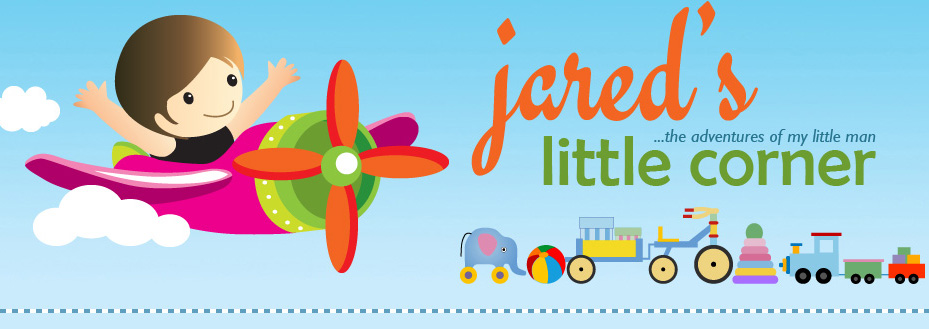
Early childhood education should be a priority for every parent, politician, and educator. The value of early childhood education has been recognized in greater proportion over the past few years. Everyone should understand the importance of the foundational education years; so, whether you are a first time parent, a seasoned parent, a grandparent, a law maker, or an educator, you need to read on to learn about a few areas of focus for any early childhood education facility such as www.newportavepreschool.com and other providers of early childhood learning and experience.
Developmentally Appropriate Practice
Developmentally Appropriate Practice or DAP is an approach to teaching that is solidly grounded in the knowledge of how children learn and grow. So, in layman’s terms, it is taking what science and research knows about how children of various ages {usually birth to age five} develop, learn, and grow. Educators take this information and apply it to both the way a child learns individually and in a group. It is the ‘bar’ by which educators and caregivers can plan their activities and interactions.
Understanding the Individual
While it is good to understand the practice of general children by age group, a good caregiver or educator can look at the child as an individual. Each individual child has specific interests, abilities, and learning styles. A careful caregiver is able to observe how each child plays, what they play with, and their developmental progress. The caregiver, after observing the child, is able to take what he or she observes and tailors the education and activities to the specific child.
Cultural Considerations
While observing the educational practices of varying early childhood educational institutions such as www.newportavepreschool.com or Montessori in Tustin, it is important to see how they not only look at individual and group learning as well as how cultural differences and traditions affect the lives of the children both at home and in school or day care. Understanding cultural traditions is an important part of developmentally appropriate practice. Remember these things about proper learning and care and look for it in every piece of environment for the children in your life.
Jared Quips
Early children education is the cornerstone of how little children will learn later on in life, that is why it is a must to put stock on scientific and research-based early learning program that not only offer progressive ways for little children to learn but also provide tailor-made programs to suit each and every little individuals. Hopefully, when it is time

17 Comments
This is very informative for those who are seeking childcare.
This is a wonderful article and so much to learn. Thank you so much for sharing this one. Child care is a huge responsibility for sure.
Children are like sponge in their early years.It’s very important that they are educated well.
Children are born naturally smart. And with proper nurturing, they can develop and become knowledgeable fast.
No doubt a great article for children.Wonderful post from you.
thank you!
It’s nice to get them started with a firm base while they are young.
i definitely agree!
Educating children today requires much participation from parents and wisdom in choosing the school that best suits them.
that is so true. that i why i was really mortified when i heard one mum say “let’s leave it to the teachers + the school to teach our children!”
Good information for those with little ones. Mine are already past that age, but will share with a couple friends!
i do hope you share it with your friends, thank you!
It’s very important to train a child at a very young age. He’s developing fast that’s why proper education an an early age will prepare them in the future.
i totally agree!
If parents can, I suggest to homeschool their kids until 5 years old so that they can install some good values to their kids and help them have a strong foundation when they face the “real world” later on.
it really is a must that parents play a vital role in their little one’s development + education. i often wonder how some parents think that teaching children is as easy as sending them to school…
At that age, children are like sponge and they absorb everything so we really have to understand them and give them appropriate child care.